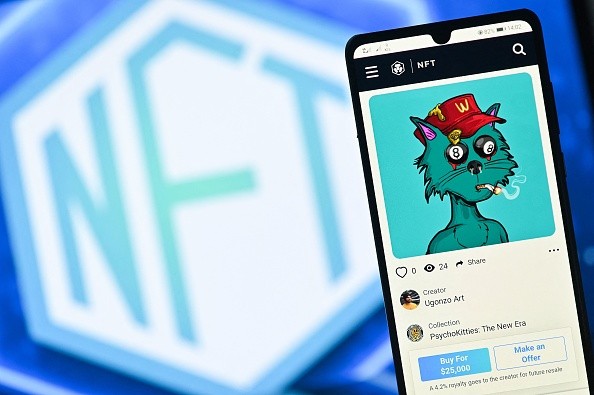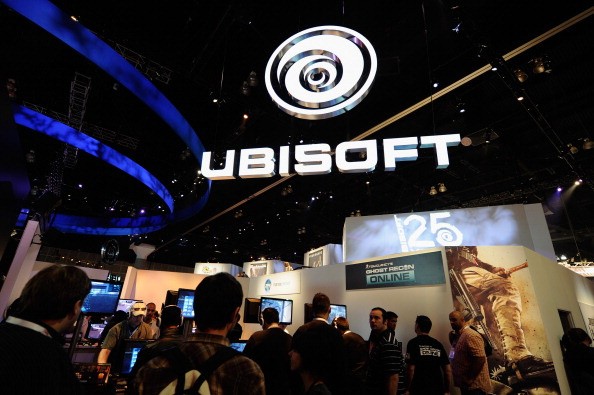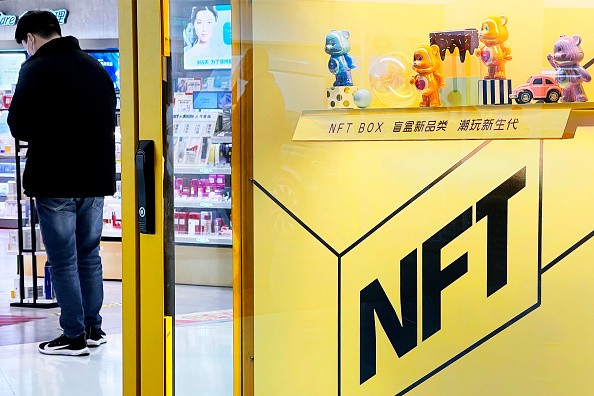Itch.io is not a big fan of the NFT fad, and they made it pretty clear recently.

In a tweet, the indie game marketplace revealed that they were asked about what they think of NFTs. They replied by saying that NFTs are a scam, while also calling out those who believe they're "legitimately useful".
A few have asked about our stance on NFTs:
— itch.io (@itchio) February 6, 2022
NFTs are a scam. If you think they are legitimately useful for anything other than the exploitation of creators, financial scams, and the destruction of the planet the we ask that please reevaluate your life choices.
Peace ✌️
According to Kotaku, the people behind the marketplace likely didn't lose much by making the pronouncement. As a hub for indie content, they don't have a lot in the way of big corporate sponsorships or anything else similar. In other words, they don't stand to lose much by calling out NFTs.
Aside from that, they also didn't hold back on calling out companies which support or endorse non-fungible tokens, writes PCGamesN. According to them, these companies "only care about their own profit," given that there's a lot of arguments about the alleged problems of NFTs as a whole.
Also f̸̗̎ú̴̩c̷̖͌ḳ̵̀ any company that says they support creators and also endorses NFTs in any way. They only care about their own profit and the opportunity for wealth above anyone else.
— itch.io (@itchio) February 6, 2022
Especially given the now easily available discourse concerning the problems of NFTs.
This news comes after a recent wave of big-time companies, specifically in the gaming industry, have been vocal in their support for NFTs.
Ubisoft is perhaps the biggest and most "reviled" company to date. Their most recent foray into NFTs for "Ghost Recon Breakpoint" was met with so much negativity, for instance, that their announcement for it quickly became one of the most disliked videos on YouTube with a dislike ratio of 96%.
Still, this didn't stop Ubi exec from calling out gamers amidst the backlash. In a recent interview, company exec Nicolas Pouard basically said that gamers "just don't get" the apparent advantages of a digital secondary market (aka NFT marketplaces), as written by Polygon.
Pouard goes on to argue that non-fungible tokens are a way for players to resell any in-game items they have once they are finished with them or the gamer in general. He even went as far as calling NFTs Ubisoft's "endgame," further reinforcing the fact that they're not going to abandon their project anytime soon.

Is Itch.io Right In Calling NFTs A Scam?
There's a lot of backlash against non-fungible tokens, that's for certain. But there's also not a lot of definitive proof that they're scams and nothing more. Still, one cannot deny that several recent, big-time online scams have been built using the NFT marketplace.

Perhaps the first big NFT scam of this year is the Frosties Rug Pull. For the unaware, a "rug pull" is a scam usually pulled off by creators of play-to-earn games. They start off by selling a bunch of tokens for a profit, then suddenly vanish off the face of the earth with all the money in tow.
That's what happened with the Frosties incident, which saw the scammers run away with $1.3 million. But that's not the only instance.
Another non-fungible token project, this time involving the play-to-earn "Minecraft" server "Blockverse," saw the project creators allegedly disappear with $1.2 million after selling backers a bunch of NFTs. PCGamer reported that shortly after vanishing, the creators of "Blockverse" actually resurfaced and explained their actions-but the damage was already done.
So, are NFTs indeed a scam? At the end of the day, it is your decision whether or not to call them that, given how the market works today.
Related Article : OpenSea Says 80% of Free Minted NFTs are Fake, Plagiarized, Spam
This article is owned by Tech Times
Written by RJ Pierce
ⓒ 2025 TECHTIMES.com All rights reserved. Do not reproduce without permission.




